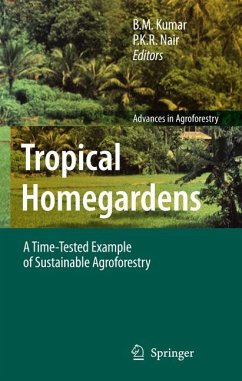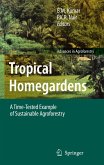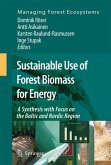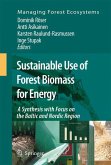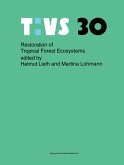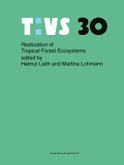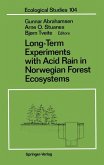'Homegardens' are integrated tree - crop - animal production systems, often in small parcels of land surrounding homesteads, and primarily found in tropical environments. These agroforestry systems, developed and nurtured by farmers through generations of innovation and experiment, are often cited as the epitome of sustainability, yet have been long neglected by the scientific community. Today, however, these age-old systems are receiving increasing attention owing to their perceived potential to mitigate environmental problems such as loss of biodiversity and rising levels of atmospheric CO2, while providing significant economic gains, as well as food and nutritional security to their owners. This multi-authored volume contains peer-reviewed chapters from the world's leading researchers and professionals in this topic. It summarizes the current state of knowledge on homegarden systems, with a view to using this knowledge as a basis for improving both homegardens and other similar multistrata agroforestry systems.
From the reviews: "The editors, both very experienced researchers in the science and art of agroforestry and home gardening, have brought together 20 chapters on the current state of the art of the homegarden. ... The book contains some very detailed studies of homegardens from different continents. ... likely to be accessible in specialist libraries and research institutes." (David Gibbon, Experimental Agriculture, Vol. 43, 2007) "The book is a well-structured collection of papers by experts in this field. The variety of aspects and approaches reflects the variety of disciplines dealing with this subject, as well as the variety of homegarden designs present. ... It is ... a very good, broad introduction into an important area of crop production." (Hartmut Stützel, Journal of Plant Nutrition and Soil Sciences, Vol. 171 (2), 2008)

